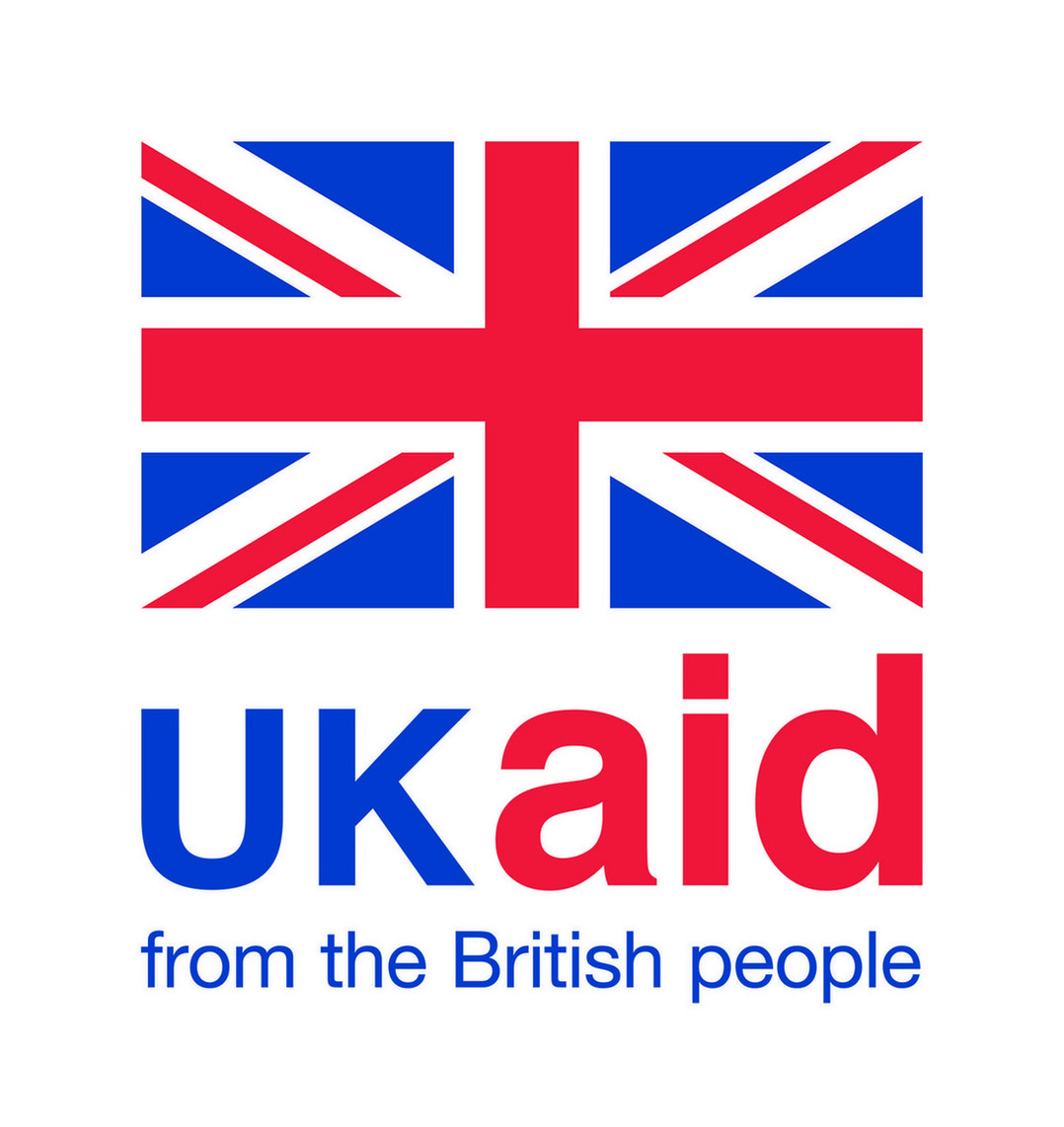Refunite is a Round 1 grantee of the GSMA’s Disaster Response Innovation Fund. Through the grant project, they’re rolling out LevelApp for refugees in Uganda. This is a micro-tasking platform which provides users with a small income for each verified task they complete.
How LevelApp works:
- Aimed for use by refugees and host communities in Uganda, LevelApp allows users to categorise images and other datasets (“tasks”).
- Via mobile money, users receive micro-payments direct to their mobile for each task completed. The more images accurately categorised (or tasks completed), the more payments received by the user.
- The large amounts of annotated, categorised images or labelled data can be used in the development and deployment of machine learning systems. For example, to teach machines to rapidly identify defects in manufacturing which are hardly visible to the naked eye.
- Beyond the grant, the goal is to prove this as a commercially viable solution and to crowd-in the private sector for longer-term sustainability.
Refunite’s LevelApp is not designed to “fix all the gaps” in traditional humanitarian assistance, nor is it meant to replace other forms of income or livelihood planning. In June 2018 the UNHCR recorded that South Sudanese nationals currently constitute around three-quarters of the refugee population in Uganda. The significant majority have arrived in the past two years and youth (15 to 25 years) are disproportionately disadvantaged in the absence of meaningful education and employment. Digital platforms, like LevelApp, plan to enable refugees to access supplementary income which can really be a lifeline for some excluded (legally and physically) from traditional forms of work.
Refunite’s COO, Claudia Simler expressed that the fundamental idea behind LevelApp is to ensure refugees are engaging in work that is dignified. For instance, LevelApp users can sign-up independent of any aid schemes and can task as little or as much as they want. Refunite also aims to ensure that refugee users are provided with information on how their work is contributing to economic advancement: the team wants to develop the app to include ‘business feedback stories’ to refugees so users can see specific examples of how their work is being used globally. Longer term the goal is to provide a suite of images of “Levels” (tasks ranging in complexity) and payments would be increased based on the difficulty and time taken to complete the task.
Kiryandongo Refugee Settlement, Uganda
On a recent visit to several workshops in Kampala and Kiryandongo Refugee Settlement (in partnership with local education partners like YARID and Whitaker Peace & Development Initiative) Refunite on-boarded users, provided up-skilling and training on how to sign up to the platform. We spent time with “super users” (the most cashed out through mobile money by a user in a month was 17 USD) as well as some slower adopters who are currently averaging fewer dollars a week, for example, because they didn’t yet have an email address or Facebook account to login.
The platform was not planned to be gamified, however, during an open feedback session very few referred to the app as ‘tasking’ or even ‘work’ and highlighted that they found LevelApp very engaging. One user even said he preferred it to playing games on his phone, which goes some way to explain why upwards of 80 per cent of the refugee users asked for “harder games” and requested “new images” in order to learn new words and “keep busy” during downtime.
Refugee users told us that LevelApp:
- Helped earn money for airtime or local supplies like bread
- Helped with learning new words in English
- Prevented boredom and could be done while at home (including when looking after family members)
In addition, early adopters wanted to be part of an outreach “team” to encourage friends and family to onboard (they also asked for branded t-shirts), and one user wanted to know how and when to invite his football team to sign up.
The Refunite team intends to continue building upon their initial experiences and work closely with users to address outstanding challenges before this service can scale.
Barriers to uptake and challenges ahead:
- Improving how customers interact with mobile money providers to cash out after tasking could significantly improve the functionality and availability of the system for refugees when it comes time to scale beyond the existing user base.
- We’ve seen the system uptake much faster amongst young men and so approaches might need to be considered to include even more women refugees.
Like all early innovations, it’s critical to build, assess, learn, iterate – and in humanitarian contexts this needs to start small and ensure the principle of ‘do no harm’ is central to progression. Refunite’s project is doing exactly that. By starting small with a few users, it’s possible to mitigate unintended consequences, quality control images, and task ethically.
Statement from the LevelApp team – 30 June 2020:
Within 12 weeks of its release to the Ugandan Google Playstore, LevelApp was installed more than 28,000 times. The application offers an opportunity to complete digital work for smartphone owners with mobile money accounts. Accessing anything beyond initial training tasks depends on their results and equally important the amount of data annotation business LevelApp is commissioned to carry out on behalf of artificial intelligence and machine learning teams. Only the most successful users will receive new tasks from paying LevelApp clients. We would love to have an endless amount of work available to every competent user, but this is unfortunately an unattainable reality given the enormous amount of traction we’ve experienced. The app is no longer available in the Ugandan Playstore and we’ve signed more than 50,000 interested users up to a waitlist before also closing that option. The LevelApp team thanks everyone for their interest in joining its decentralised workforce and hope to relaunch the app to the Google Playstore in the future.
This initiative is currently funded by the UK Department for International Development (DFID), and supported by the GSMA and its members.


